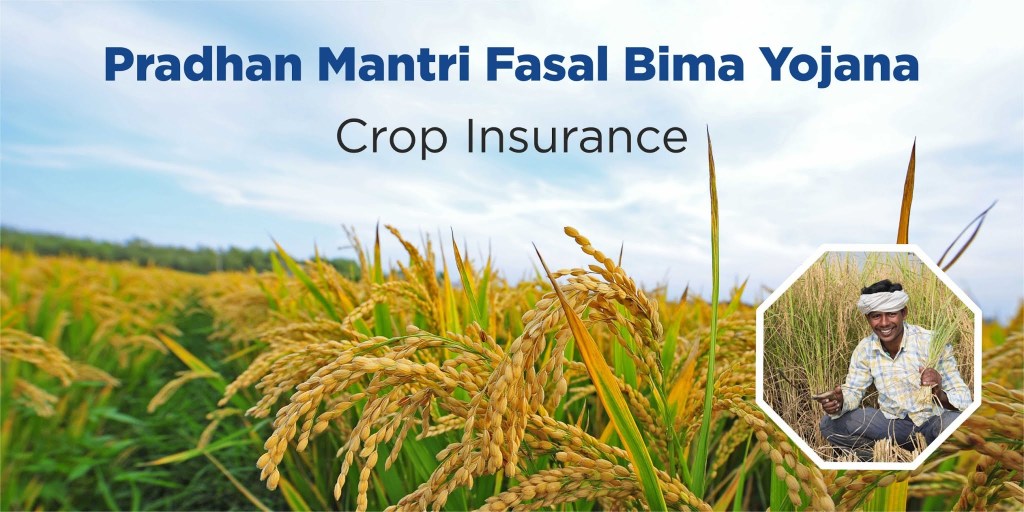Crop insurance is an essential tool for small-scale farmers to protect their livelihoods and mitigate the risks associated with unpredictable weather conditions, pests, and other unforeseen events. In this Q&A style post, we will explore the basics of crop insurance for small-scale farmers.
Q: What is crop insurance?
A: Crop insurance is a risk management tool that provides financial protection to farmers in case of crop loss or damage due to natural disasters, disease outbreaks, or other covered perils. It helps to stabilize farm income and ensure that farmers can recover from losses caused by factors beyond their control.
Q: Who is eligible for crop insurance?
A: Most small-scale farmers are eligible for crop insurance coverage. The United States Department of Agriculture (USDA) offers various programs tailored specifically for different types of crops and farming operations. It’s important to check with your local USDA office or a licensed crop insurance agent to determine eligibility criteria and available coverage options in your area.
Q: How does crop insurance work?
A: Farmers need to purchase a policy before the planting season begins. The premium cost depends on factors such as the type of crops grown, historical yield data, location, level of coverage selected, etc. If a farmer experiences a loss during the insured period due to an eligible peril, they can file a claim with their insurer. An adjuster will assess the damages and determine the indemnity payment based on policy terms.
Q: What types of coverage are available?
A: There are different types of crop insurance policies available depending on the specific needs and circumstances of each farmer. Some common types include Yield Protection (YP), Revenue Protection (RP), Actual Production History (APH), Whole Farm Revenue Protection (WFRP), and many more. Each policy has its own set of rules regarding deductibles, exclusions, replanting provisions, prevented planting benefits, etc., so it’s crucial to understand them thoroughly before making a decision.
Q: What are the benefits of crop insurance for small-scale farmers?
A: Crop insurance provides financial security and peace of mind to small-scale farmers who often have limited resources to withstand significant losses. It helps them recover from adverse events, secure loans, and continue their farming operations without facing debilitating setbacks. Additionally, having crop insurance coverage may be a requirement for obtaining certain agricultural loans or farm assistance programs.
In conclusion, crop insurance is a valuable risk management tool that helps safeguard small-scale farmers against unforeseen circumstances beyond their control. By understanding the available options and working closely with knowledgeable agents or local USDA offices, farmers can make informed decisions about the most appropriate coverage for their specific needs.


Leave a comment